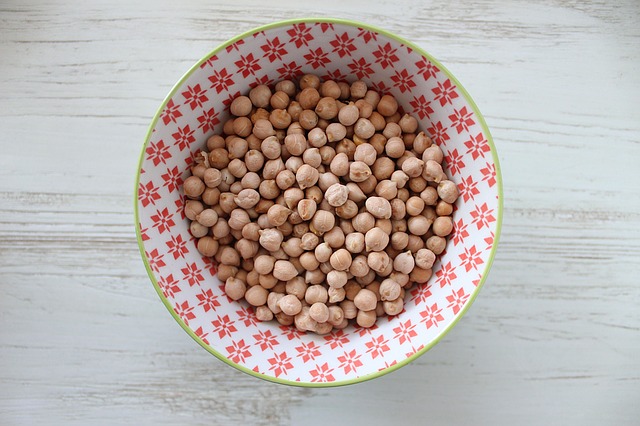During October “El Bisturí” devotes its section ‘El abecedario de la nutrición’ to plant-based protein: legumes, nuts and seeds. A group of foods included within the fourth level of this healthy consumption classification.
In the fourth level of the pyramid, in the group of foods of varied daily consumption, plant-based protein appear next to white meat, fish, eggs and dairy products. These are legumes, nuts and seeds.
In October, Nestlé’s head of nutrition and health, Laura Gónzalez, talks about these foods in “El Bisturí”.
Food with a high content of proteins
As Gónzalez explains, it is a group of plant-based foods with a high content of protein, as well as fiber and healthy fats, especially in the case of nuts and seeds. Almonds, hazelnuts, walnuts, pistachios, sunflower seeds or pumpkin seeds are some of the most consumed foods of this sort.
In addition, there are some cereals such as oats, wheat, spelt, quinoa or rice, which although are known for their large carbohydrate content, also have considerable amounts of protein.
Nutritional contribution of plant-based protein
Legumes provide between 20%-30% protein, more than 50% carbohydrates – which are in addition slowly absorbed and a good source of fiber – and barely contain fat, except for soybeans and peanuts. They contain vitamins, mainly B group vitamins, and minerals such as magnesium, calcium and iron; and they contain antioxidant substances such as polyphenols or isoflavones.
In the case of nuts and seeds, they are characterized by their content of water – less than 50% –, they are also rich in healthy fats – hence their high caloric index – and provide protein, fiber, vitamin E and minerals such as selenium, copper, zinc, calcium or magnesium, in addition to phytosterols and polyphenols.
What is the advised intake?
It is advisable to alternate the protein sources of this fourth level on a daily and weekly basis so that one to three daily rations are consumed combining animal-based protein such as white meat, fish or eggs, and plant-based protein such as legumes or nuts. At least three servings of legumes – preferably four – and between three and seven servings of nuts should be consumed on a weekly basis.
However, González emphasized, we must take into account in the case of nuts, that children under three years of age should not eat them whole, due to the risk of choking, and their consumption should always be supervised in the case of children over 5 years of age.
Some tips to incorporate more plant-based protein into our diets
To increase the consumption of plant-based protein, the most important thing is to make it easy, to have them always available at home or, in the case of nuts, to carry them in your bag in order to consume them at any time.
With regard to legumes, you can buy them cooked or consume prepared dishes that contain them; this allows us to eat legumes in an easy and healthy way. Another option is to cook more than we plan to eat and save some portions for other days or even freeze them.
Some ideas of dishes that have legumes are lentils with vegetables, chickpeas with spinach, or with stir-fried tomato and onion to which we can add the vegetables we have at home, white meat or even fish and seafood such as cod, monkfish or clams.
Another way to consume legumes is in salads and even in purees and cold creams such as hummus or pate, which we can spread on breakfast bread or snacks.
Another alternative is hamburgers or products that go well with legumes with cereals – such as soybeans and wheat – which are a good option to introduce plant-based protein in a tasty and easy way.
Nuts, which should be consumed preferably raw or roasted and without salt are a very versatile food that we can consume throughout the day.
For example, a handful of nuts and a yogurt, or added to a smoothie. They even sell bars that contain more than 60% nuts, they have dark chocolate and very little added sugar; a tasty alternative that we can always carry around.
They can also be incorporated into salads or vegetable potages and even be used to batter other foods.
Another alternative to consume plant-based protein are beverages made with nuts such as almonds or hazelnuts, although in these cases we must look at the percentage of nuts they contain and the amount of added sugar, which should be as low as possible.
Date: October 16th, 2019
By: Sara Mancebo Salazar
Link: https://www.efesalud.com/proteinas-vegetales-piramide-nutricion/
Nutrigenomics Institute is not responsible for the comments and opinions included in this article






